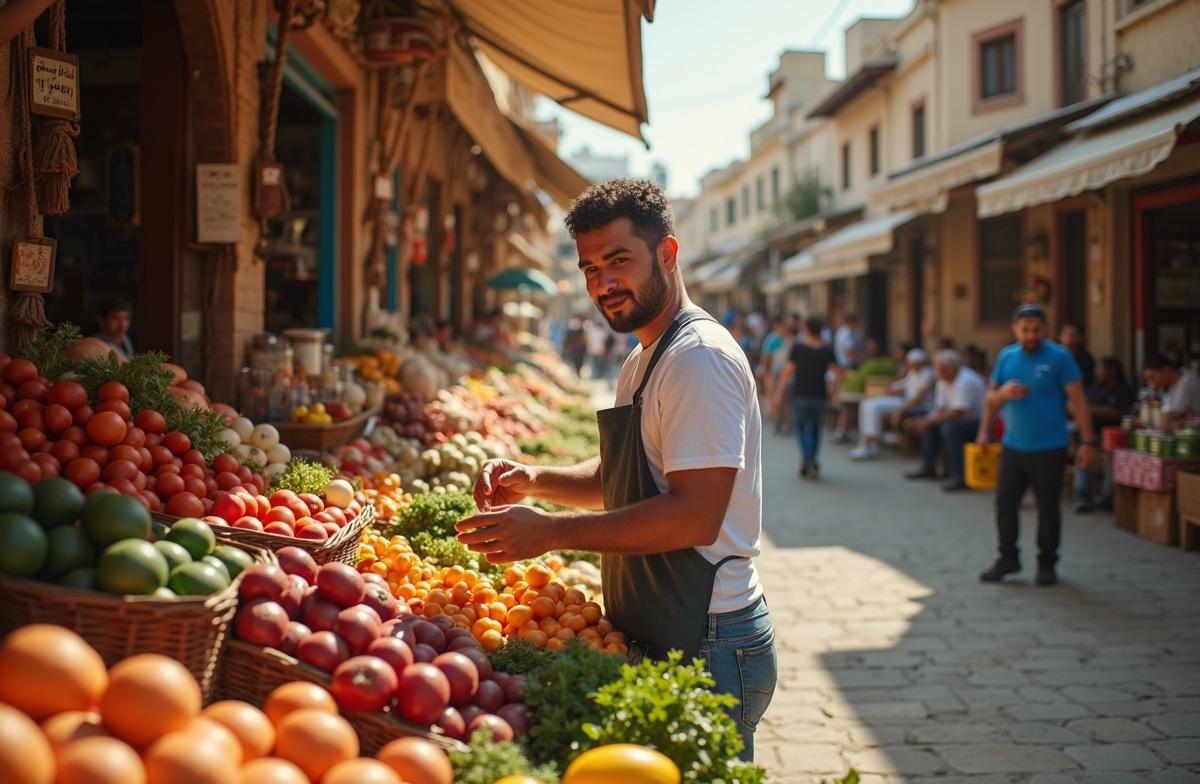How to Save Money in Israel: Daily Tips
Reading time: 5 minutes
- Budget Planning and Expense Tracking
- Smart Shopping and Using Discounts
- Saving on Transportation and Communication
- Additional Income and Service Exchange
- Long-term Strategies and Major Purchases
Budget Planning and Expense Tracking
The first step to saving is having a clear understanding of your financial flows. Start by recording all income and expenses for a month. Use mobile apps or a simple spreadsheet for this. Pay attention to categories where spending exceeds reasonable limits — often this includes eating out, entertainment, or impulse purchases. In Israel, it’s especially important to track payments for water, electricity, and municipal taxes (arnona), which can vary significantly. Creating a realistic monthly budget with category limits will help avoid unnecessary expenses. Remember, saving starts with a conscious attitude toward money.
Smart Shopping and Using Discounts
Israeli supermarket chains regularly offer promotions and loyalty programs. Study sales at different stores before making major purchases. Buy seasonal vegetables and fruits — they’re not only cheaper but also fresher. To save on clothing, appliances, and household items, consider buying used goods. On the Yad2 website, you can find quality items at significantly reduced prices. Thanks to automatic translation of listings, you can easily communicate with sellers in your preferred language. Don’t neglect discount cards and coupons — many establishments offer substantial discounts on certain days of the week.
Saving on Transportation and Communication
Transportation costs in Israel can be optimized in several ways. If you own a car, use apps to find the cheapest gas stations. Consider carsharing for short trips instead of taxis. For intercity travel, buy train tickets online in advance — this is often cheaper. If you don’t need a car regularly, selling it through the Cars section will not only bring money but also eliminate insurance and maintenance costs. In communications, regularly check competitors’ rates — companies often offer attractive deals to new customers. Switching to a cheaper plan can save hundreds of shekels per year.
Additional Income and Service Exchange
Saving is important, but increasing income also strengthens your financial position. Consider part-time work or freelancing in your free time. On the Jobs platform, you’ll find offers from employers across the country, and automatic translation of your resume will increase your chances of finding a suitable vacancy. If you have professional skills — from tutoring to appliance repair — offer your Services. Exchanging services with friends and neighbors is another way to save. For example, you can help with English in exchange for Hebrew assistance or childcare.
Long-term Strategies and Major Purchases
For significant long-term savings, you need a strategic approach to major expenses. When searching for housing, thoroughly analyze the rental market — prices can vary significantly between neighboring areas. When buying real estate, use the Real Estate section to compare offers. Invest in energy-saving technologies: LED bulbs, solar panels, or water-saving devices pay for themselves over time. Build an emergency fund — try to save at least 10% of your income each month. These habits will create a solid foundation for financial stability in Israeli conditions.
Saving in Israel is not about limitations, but about smart resource allocation and using available opportunities. Budget planning, conscious shopping, optimizing recurring expenses, and finding additional income sources — these strategies have proven effective. Start small: implement one tip per week, and soon you’ll notice positive changes in your budget. Remember that the free classifieds board with automatic translation into four languages is your reliable assistant in this process. By posting ads to sell unwanted items, search for jobs, or offer services, you not only save but also earn, while your message automatically becomes understandable for Russian-speaking, Hebrew- and Arabic-speaking users, as well as English-speaking residents of the country. Save wisely and expand your opportunities!
Frequently Asked Questions
How can I better manage my budget in Israel?
Where to find good deals and discounts?
How to save on transportation in Israel?
What are the ways to increase income?
How to implement long-term financial plans?
